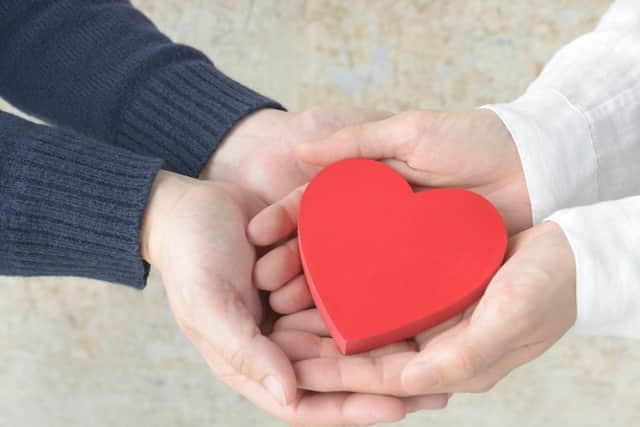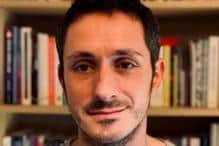'We need to talk about pornography and modern-day relationships': University of Bedfordshire works on pilot programme
and live on Freeview channel 276
Academics from the Universities of Bedfordshire and Surrey are working together on a pilot sex education programme to help young people, parents and teachers have better conversations about modern-day relationships and pornography.
The programme – co-lead by Jonny Hunt, lecturer in applied social studies (childhood and youth) at Bedfordshire – is designed to challenge the harmful sexualised behaviours and cultures in schools and change the way young people view sexual development.
Advertisement
Hide AdAdvertisement
Hide Ad

The new approach was first piloted in May and ran in partnership with Kew House School in West London. The course took the form of 10 hours of student sessions with Year 9 and 10 pupils, aged 14-15 years old. It also involved specialised teacher training and a dedicated parent’s session to discuss concerns around sex and relationships and how these could be addressed.
Speaking about the programme, Jonny said: “There are widespread concerns about the impact pornography may have on the attitudes and behaviours of young people, predominately the fear that young people are learning more about sex and relationships online, rather than from safe adults. Essentially, we are making room for young people to discuss the issues that matter to them – without the need for them to find the right answers.”
He continued: “Our proposed ‘sex ed’ curriculum is designed to help young people critically engage with questions around where their information, attitudes and values regarding sex and relationships comes from; to challenge gendered social scripts and focus on the development of critical life skills – or sexual citizenship.”
A key part of the programme is that it’s run in collaboration with school teachers, students and parents.
Advertisement
Hide AdAdvertisement
Hide Ad

Dr Emily Setty, co-lead of the programme from the University of Surrey, added: “Addressing pornography in isolation will not solve the challenges faced by young people. Instead, we need to look at the entire ecosystem of sex, relationships and sexual development. Young people are learning from family, peers, school and the increasingly complex world of digital media.
“We need to talk with young people about their understandings of body image, consent, social norms and stereotypes that surround sex and relationships.”